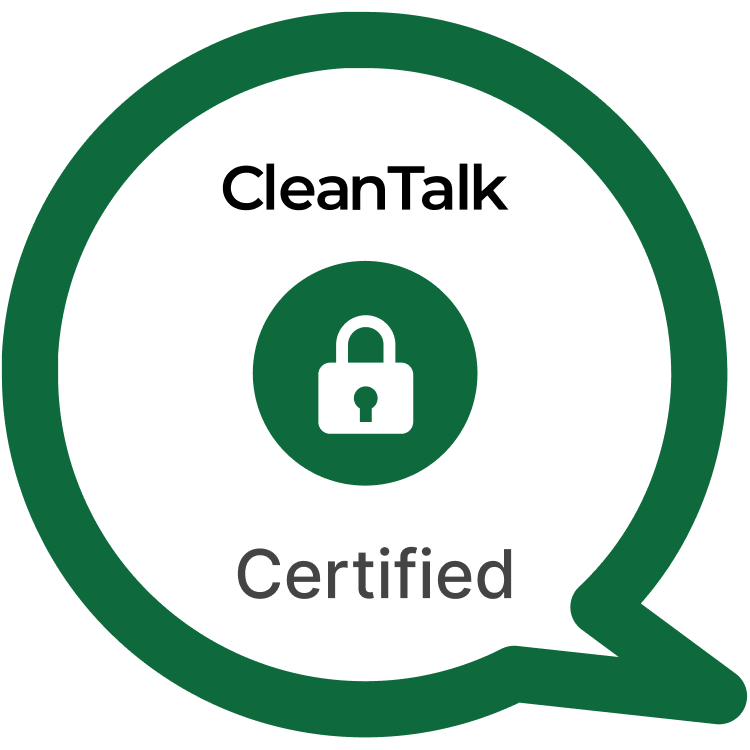CVE-2024-7133 reveals a critical vulnerability in the My Sticky Bar (myStickymenu) WordPress plugin, which has over 100,000 active installations. This Stored Cross-Site Scripting (XSS) vulnerability allows attackers to inject malicious JavaScript (JS) code through the plugin’s settings. Once exploited, the attacker can take over administrator accounts, create persistent backdoors, and control the entire WordPress site. The issue arises due to improper sanitization of user input, specifically in the “Font size” field when creating a sticky bar.
Plugin Security Certification (PSC-2024-64544): “Matomo Analytics” – Version 5.2.0: Use Ethical stats with Enhanced Security

Matomo Analytics is a powerful, secure, and privacy-focused alternative to Google Analytics, offering website owners full control over their data. Unlike many third-party analytics tools, Matomo is hosted on your own servers, ensuring 100% data ownership and privacy compliance. It empowers businesses to make data-driven decisions while protecting user privacy, without sacrificing any advanced analytics features. With an intuitive interface, Matomo makes it easy to gain valuable insights into customer behavior, website performance, and marketing effectiveness, all while adhering to the highest ethical standards. This plugin has also undergone rigorous security testing and has successfully obtained the Plugin Security Certification (PSC) from CleanTalk, ensuring it meets stringent security protocols.
CVE-2024-8983 – Custom Twitter Feeds – Stored XSS to JS Backdoor Creation – POC
Plugin Security Certification (PSC-2024-64528): “SiteOrigin CSS” – Version 1.6.5: Use CSS with Enhanced Security

SiteOrigin CSS is an advanced, feature-rich CSS editor that empowers WordPress users to customize their website’s design in real time, without needing to master complex coding. Trusted by thousands of users, this powerful plugin simplifies the process of modifying the visual aspects of your WordPress site, offering ease of use for both beginners and advanced users. With Plugin Security Certification (PSC-2024-64528) by CleanTalk, you can now confidently use SiteOrigin CSS with the assurance of enhanced security and protection against vulnerabilities.
CVE-2024-6887 – Giveaways and Contests by RafflePress – Stored XSS to JS Backdoor Creation – POC

CVE-2024-6887 exposes a critical Stored Cross-Site Scripting (XSS) vulnerability in the Giveaways and Contests by RafflePress plugin, used by over 30,000 WordPress installations to run giveaways and contests. This vulnerability allows attackers to inject malicious JavaScript (JS) through the plugin’s settings. The attack can be initiated by users with editor-level access, resulting in account takeover, backdoor creation, and potentially long-term control over the affected WordPress site. The flaw resides in the plugin’s failure to properly sanitize inputs, particularly in the “Button color” field.
CVE-2024-7761 – Simple Job Board – Stored XSS to JS Backdoor Creation – POC

CVE-2024-7761 exposes a critical flaw in the Simple Job Board plugin, widely used by WordPress sites to manage job listings and applications. With over 40,000 installations, this vulnerability allows attackers to exploit a Stored Cross-Site Scripting (XSS) flaw, enabling them to inject malicious JavaScript code. When executed, this can lead to account takeover, backdoor creation, and potentially long-term control over the site. The vulnerability stems from insufficient input validation, particularly in the plugin’s widget settings, making it an appealing target for attackers.
CVE-2024-3899 – Envira Gallery – Stored XSS to Admin Account Creation (Contributor+) – POC

CVE-2024-3899 is a severe vulnerability found in the Envira Gallery plugin, a popular WordPress plugin used by over 100,000 websites to create image galleries. This vulnerability allows contributors (or users with higher privileges) to execute stored Cross-Site Scripting (XSS) attacks by embedding malicious JavaScript code in the “Title” field of image settings. When exploited, this flaw can lead to the creation of unauthorized admin accounts, giving attackers complete control over the website.
CVE-2024-5561 – Popup Maker – Stored XSS to backdoor creation – POC

CVE-2024-5561 highlights a critical flaw in the Popup Maker plugin, a popular WordPress plugin used by over 700,000 websites to create and manage popups. This vulnerability allows attackers to execute stored Cross-Site Scripting (XSS) attacks by embedding malicious JavaScript (JS) code. Exploited by someone with editor-level permissions, this flaw can result in complete account takeover and the creation of backdoors, leading to long-term control over the compromised WordPress site.
CVE-2024-7315 – Migration, Backup, Staging – WPvivid – Unauth Sensitive Data Exposure and Database password leak – POC

A critical vulnerability, designated as CVE-2024-7315, has been discovered in the WPvivid plugin, widely used for migration, backup, and staging in WordPress with over 500,000 installations. This flaw exposes highly sensitive data, including database passwords and site configuration details, by exploiting a specific directory (./wp-content/wpvividbackups/wpvivid_log/). If left unpatched, the vulnerability can lead to complete site compromise through brute force attacks on password hashes or direct access to sensitive information.